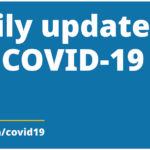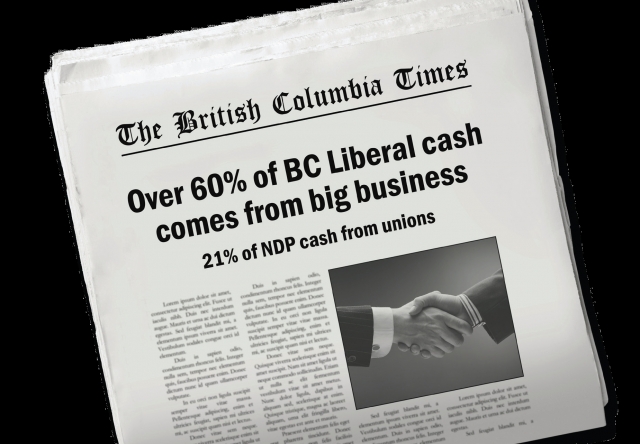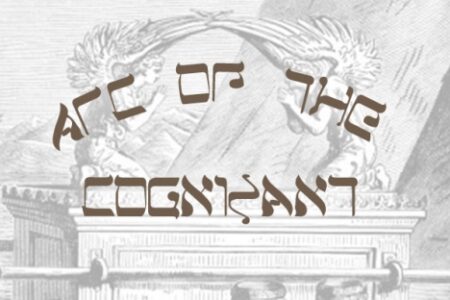OP/ED: Déjà vu at the Union of B.C. Municipalities conference
Over 1,000 delegates from 189 municipalities and districts across B.C. are gathering this week in Victoria for the annual conference of the Union of B.C. Municipalities.
And for many of them the recent appointment of Bill Bennett as Minister of Community, Sport and Cultural Development may very well seem like déjà vu.
Bennett held the same post in 2010, when he also served as co-chair of the Local Government Elections Task Force that former Premier Gordon Campbell established in 2009 after concerns were raised across the province over how local elections are conducted in B.C.
The Task Force’s report and recommendations have been sitting on a shelf in the minister’s office ever since.
Despite Attorney General Shirley Bond’s commitment earlier this year that the Task’s Force’s recommendations would be implemented in time for the 2014 elections, the legislative clock is ticking fast and with the fall sitting of the legislature cancelled that clock may very well have “tocked” on such an ambitious undertaking.
And besides, with the 2011 local elections having come and gone, it’s quite possible that some of the Task’s Force’s recommendations are now well past their best before date and a few others might require a bit of dusting off before they can be presented to the legislature.
For instance, there were two gaping holes in the Task Force’s recommendations: there was no call for a ban on corporate and union donations nor a cap on individual donations; even though many municipalities had called for both in their presentations before the Task Force.
In drafting their report, it’s unlikely that the Task Force had ever considered the possibility that one individual alone would donate $960,000 to a political party, as Vancouver businessman Rob Macdonald did in 2011 with his donation to the NPA.
So with the legislature on hiatus and in the spirit that idle hands are the devil’s workshop, there’s no better time for these two issues to be revisited by the government before it drafts legislation.
It also wouldn’t hurt to dust off those recommendations on spending limits too; because in many of the 2011 races local candidates spent far in excess of the per registered voter limit that exists at the federal level.
Regrettably, it also seemed that the candidates who spent the most in 2011 were the candidates who were elected. Suggesting that in many races money may have been the determining factor behind a candidate’s victory instead of their position on various local issues.
It’s why spending limits are so critical to local elections. Without them many candidates will simply opt-out of local races leaving the field to the well-to-do.
And while some smaller municipalities oppose spending limits because they believe that limits will be insufficient to conduct a local campaign, this doesn’t have to be the case.
One size needn’t fit all, as other provinces have already shown.
By putting a base spending limit in place that is topped off with an additional per voter expense limit based on a range of community sizes and the respective costs of running a campaign, the fears of districts, towns and villages can easily be addressed.
Ontario sets a base limit across the province of $7,500 for the mayor’s chair and $5,000 for a councillor. On top of this, candidates can then spend up to 85 cents per elector.
In Quebec, the base limit for mayor is $5,400 and $2,700 for a councillor. The limit per elector is then set through a range of population sizes, from a low of 42 cents per elector to a high of 72 cents.
Without a ban on corporate and union donations, a cap on individual donations and limits on campaign spending, local campaigns will become increasingly more costly as candidates come to the conclusion that money buys elections.
By way of illustration: the four municipal parties competing for the keys to Vancouver City Hall in 2011 spent $5.2 million, in a city with 418,878 registered voters of whom only 144,823 actually cast a vote.
Campaign spending by those four parties worked out to $35.90 for every vote cast.
A figure that UBCM delegates should keep in mind as they chat in the corridors this week and when they try and buttonhole Bill Bennett over that dusty Local Government Elections Task Force.
Dermod Travis is the executive director of IntegrityBC. www.integritybc.ca
























Comments